El principito
- 112 páginas
- 4 horas de lectura
The little prince discovers the secrets of friendship while travelling through the universe.
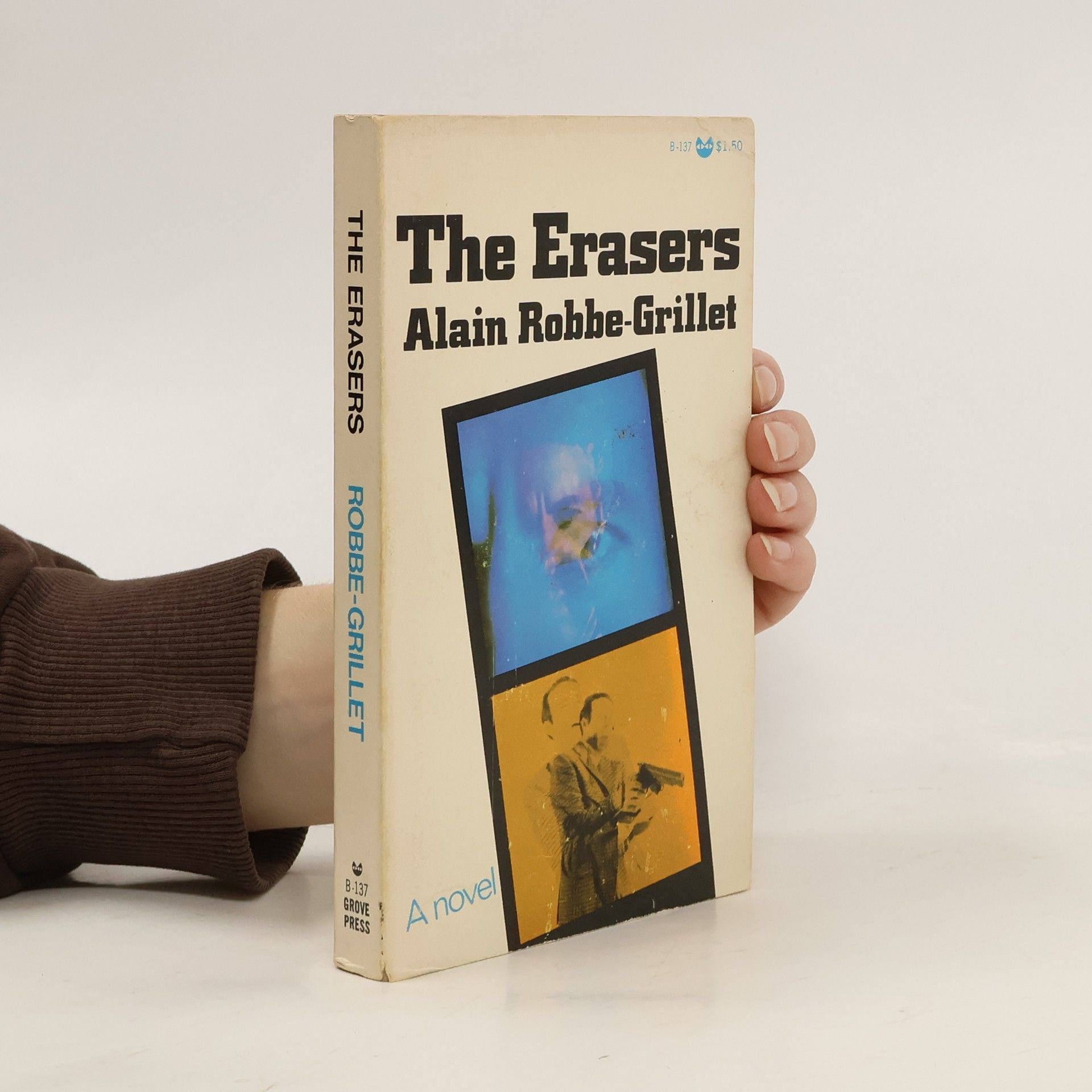
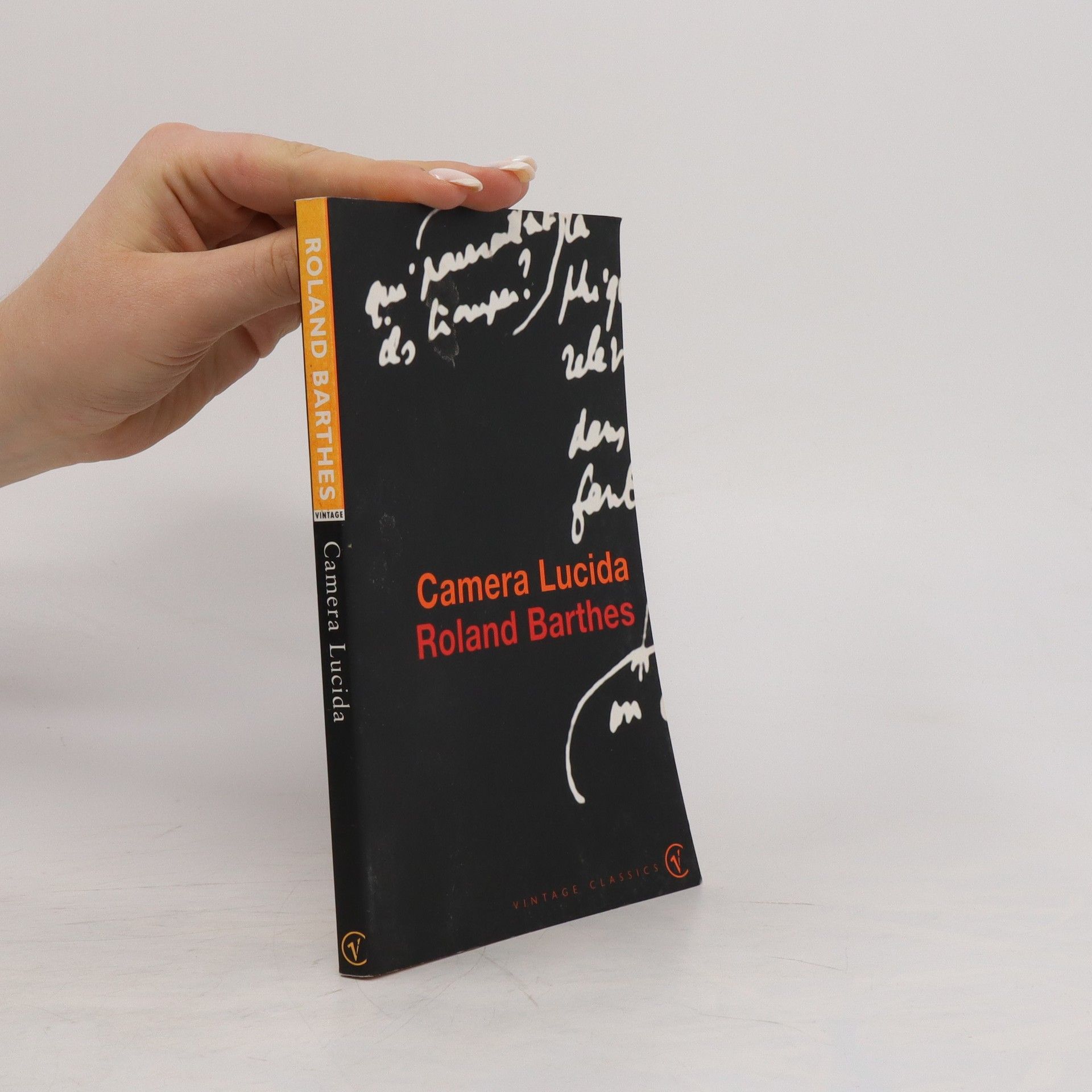
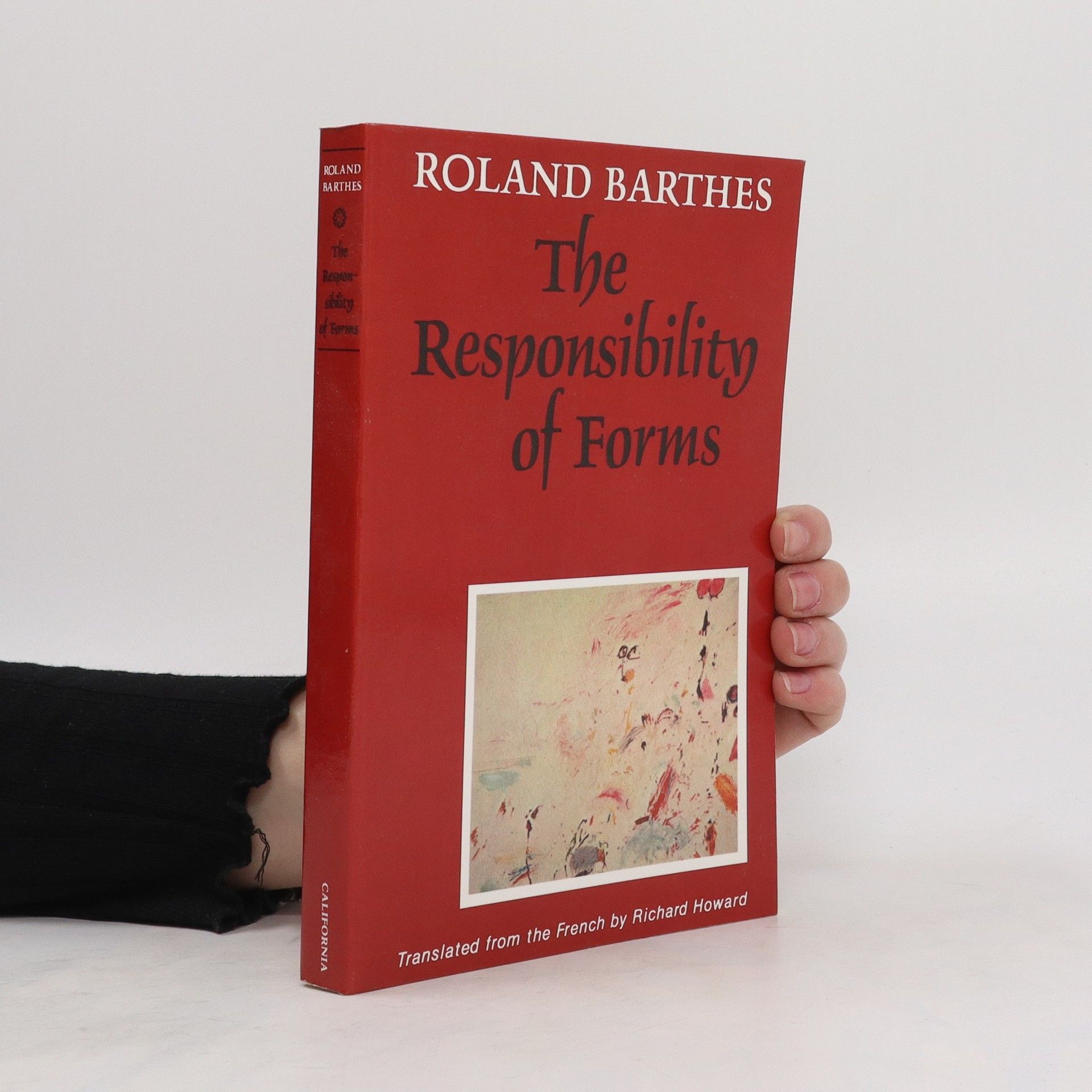
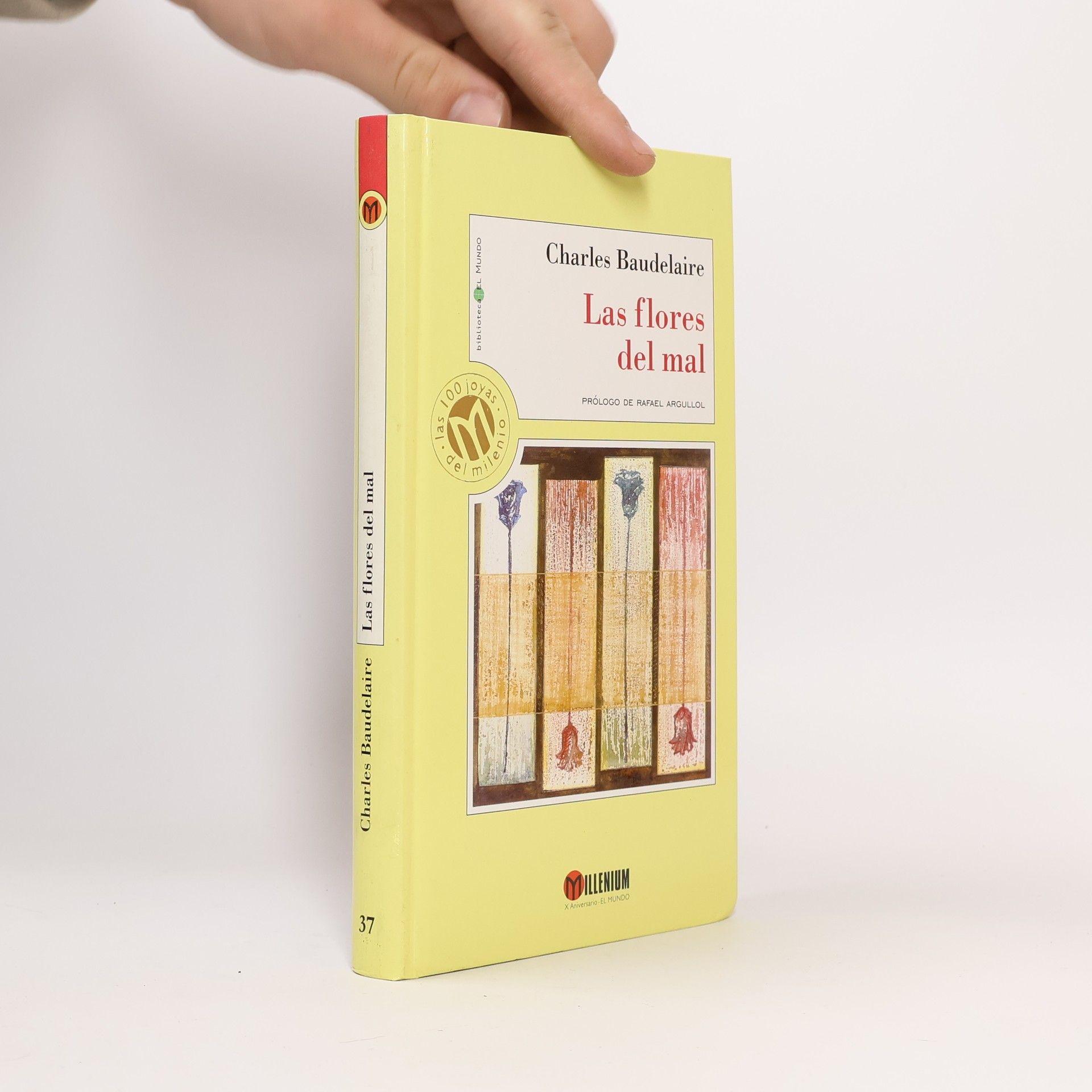

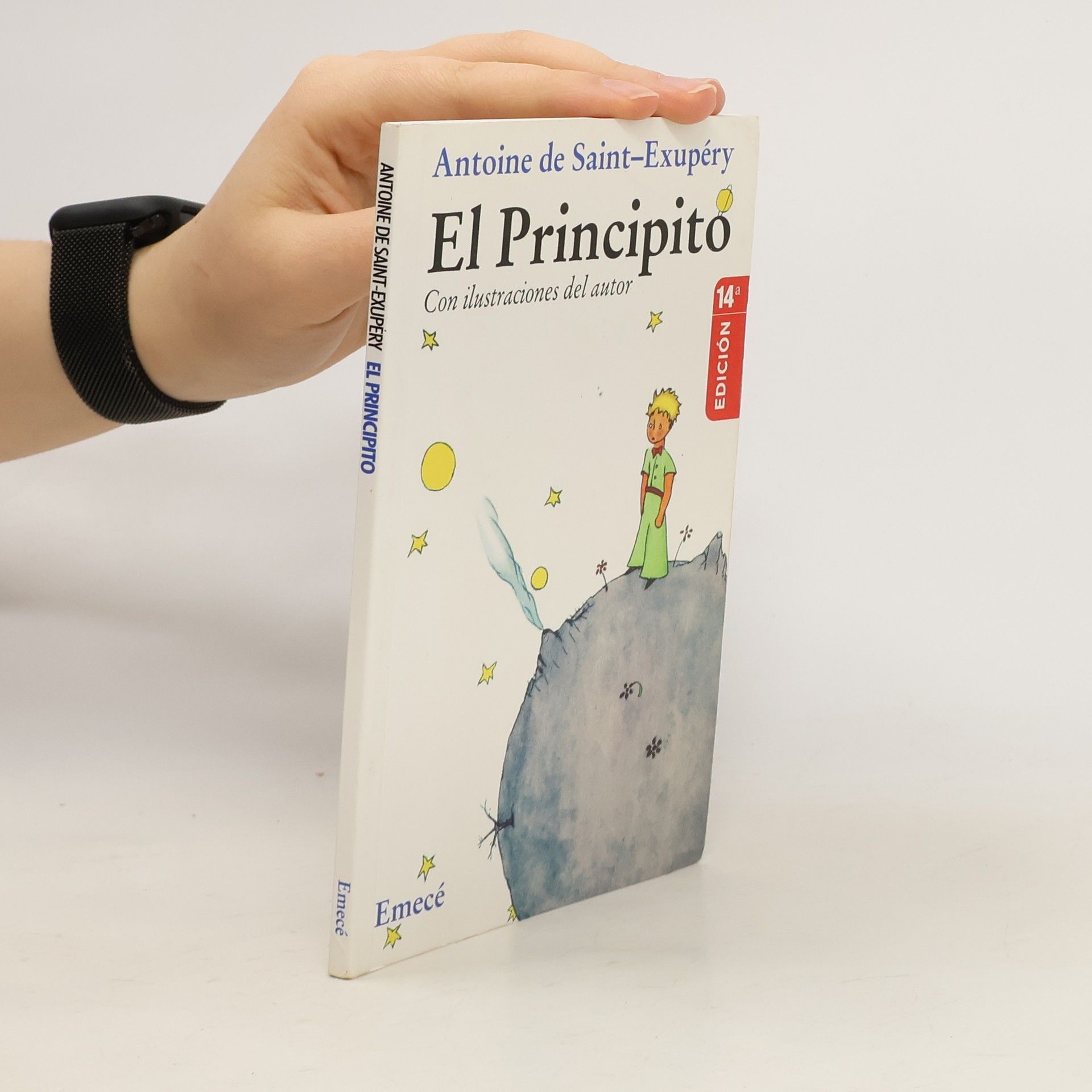
The little prince discovers the secrets of friendship while travelling through the universe.
A lauded American poet's tributes to Walt Whitman and Henry James, now collected for the first time. Richard Howard has long been recognized as one of America’s finest poets, celebrated as an author for his keen engagement with other authors, and especially for his sparkling and trenchant dramatic monologues and two-part inventions. Through the years, Howard has, in this way, given voice to all sorts of historical and literary figures, but two of his favorite subjects are two of his favorite writers—Walt Whitman and Henry James—and this book gathers an array of poems in which he responds to these great gay forebears, as well as to two other beloved Americans, Hart Crane and Wallace Stevens. Here Whitman the good gray poet opens his door to Bram Stoker and to Oscar Wilde; Henry James struggles to take stock of Los Angeles, where he is to have lunch with L. Frank Baum; Edith Wharton reminisces about her fraught friendship with the Master; poor Pansy from The Portrait of a Lady broods on her dreadful father; and late in life Wallace Stevens visits Paris—as Stevens never did. Howard’s wonderful inventions are as expansive and celebratory and human as Whitman, as deeply and subtly inquiring as James, as sumptuously meditative as Stevens, and as arresting and delightful as Richard Howard himself.
No sé si Charles Baudelaire es el más conocido de los poetas modernos pero estoy convencido de que Las Flores del mal sí es más difundo de los libros de poemas, y cuando menos en Occidentes. Aunque poco celebrado en el momento de su publicación en 1857, desde la muerte de su autor su impacto fue creciendo, dominando a través de los simbolista el fin de siglo pasado y erigiéndose como luego, con el surrealismo, en una piedra angular del edificio moderno. [...] La modernidad para Baudelaire implica poner de relieve las contradicciones, a menudo violentas, de la vida moderna. En esta perspectiva, Las flores del mal representa un arco de imágenes maravillosamente tenso. Y la flecha, una vez disparada, vuela directamente al corazón de la conciencia moderna haciendo estallar sus múltiples hipocresías. Rafael Argullol
These late essays of Roland Barthes's are concerned with the visible and the audible, and here the preoccupations are particularly intense and rewarding, in part because Barthes was himself, by predilection, an artist and a musician, and in part because he was of two minds about the very possibility of attaching to art and to music a written text, a criticism.
Examining the themes of presence and absence, the relationship between photography and theatre, history and death, these 'reflections on photography' begin as an investigation into the nature of photographs. Then, as Barthes contemplates a photograph of his mother as a child, the book becomes an exposition of his own mind.
Alain Robbe-Grillet is internationally hailed as the chief spokesman for the noveau roman and one of the great novelists of the twentieth century. The Erasers, his first novel, reads like a detective story but is primarily concerned with weaving and then probing a complete mixture of fact and fantasy. The narrative spans the twenty-four-hour period following a series of eight murders in eight days, presumably the work of a terrorist group. After the ninth murder, the investigation is then turned over to a police agent, who may in fact be the assassin.Both an engrossing mystery and a sinister deconstruction of reality, The Erasers intrigues and unnerves with equal force as it pull us along to its ominous conclusion.
In his consideration of the language of the fashion magazine―the structural analysis of descriptions of women's clothing by writers about fashion―Barthes gives us a brief history of semiology. At the same time, he identifies economics as the underlying reason for the luxuriant prose of the fashion "Calculating, industrial society is obliged to form consumers who don't calculate; if clothing's producers and consumers had the same consciousness, clothing would be bought (and produced) only at the very slow rate of its dilapidation."
Fragments of the Irish Troubles in the Science Fiction of Bob Shaw and James White
Examining the intersection of literature and context, this book analyzes the contributions of Belfast authors Bob Shaw and James White to the science fiction genre from the 1950s to the 1990s. It situates their work within the socio-political landscape of Belfast, employing frameworks from both Irish Studies and Science Fiction Studies to provide deeper insights into their narratives and themes.
Adventures in fishing, falconry, and yoga intertwine with humor and poignant reflections in this exploration of the Northwest. Richard Howard, a native of Idaho, shares personal insights through "green tea revelations," capturing the essence of life’s highs and lows. Readers are invited to experience the beauty of the region while contemplating themes of courage, nature, and self-discovery. This book promises to inspire a fresh perspective on the great outdoors.
Sedmnáct tisíc francouzských vojáků opustilo v květnu 1798 přístav Toulon, aniž by tušili, k jakému cíli směřuje jejich cesta. Sotva tři měsíce po dobytí Říma odměnil Bonaparte nejlepší oddíly tohoto tažení zařazením do Orientální armády, elitních invazních jednotek, určených k útoku na Egypt. Pro muže, kteří nastoupili na palubu lodi, však první bitva začala již bojem s útrapami pobytu na moři. Když nespokojení příslušníci jednotky Alaina Lausarda - jednotky jízdy, která byla před třemi lety vytvořena z trestanců odsouzených k smrti - obrátí svoji frustraci proti posádce fregaty L´Esperance a pěšákům, drsná pouť si začíná vybírat své první oběti. Než se hladoví a vyčerpaní vypotácejí na břehy Egypta, musí Lausardovi dragouni bojovat za víc než slávu a vítězství. Zubožení vojáci se trmácejí rozpálenou pouští a Bonaparte může jen přihlížet, jak se jeho taktická hra hroutí jako domek z karet. Sežehlí žhnoucím sluncem dokážou ještě zoufale odolávat nájezdům Arabů, bránících jim v přístupu k Nilu, ale jak jsou vtahováni stále hloub a hloub do neznámých končin, jejich řad se zmocňuje beznaděj. Šíří se jako nemoc. Mamelukova armáda sice podlehne v boji ve stínu pyramid, ale Nelson drtivě poráží Bonapartovu flotilu. A Bonapartova posedlost válkou ... Lausard už ztratil naději, že ještě někdy uvidí Paříž.